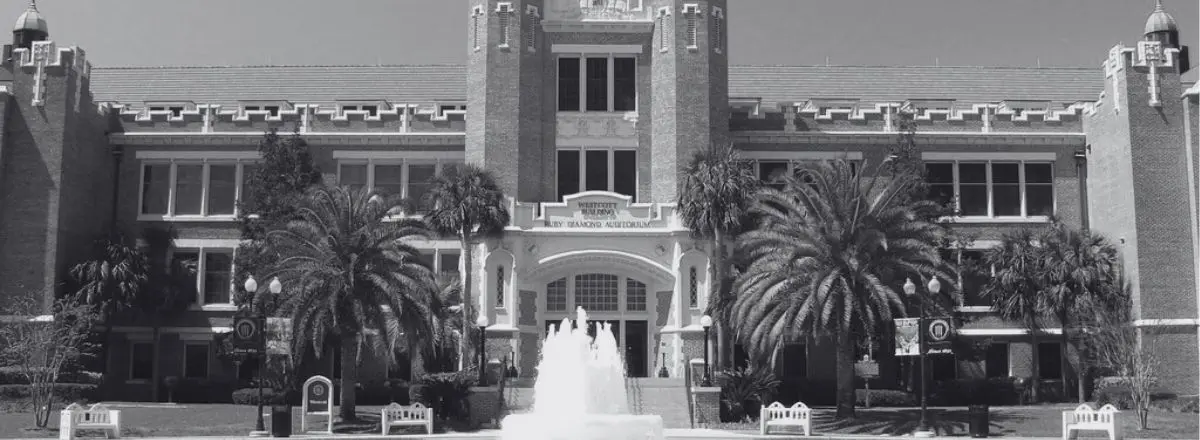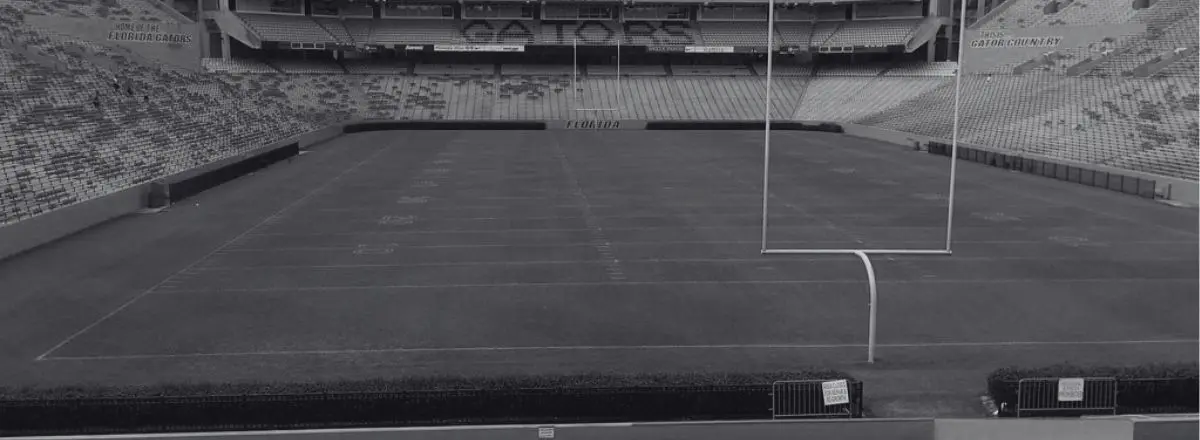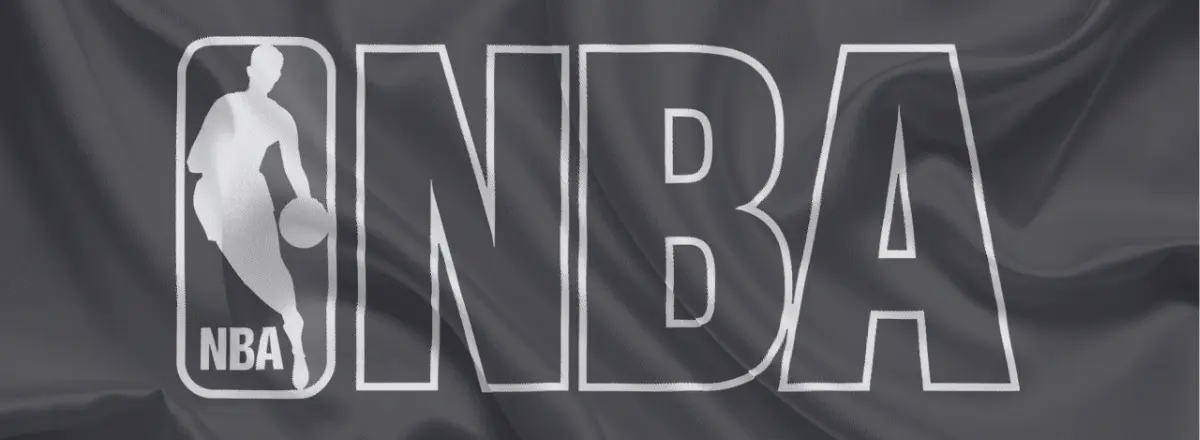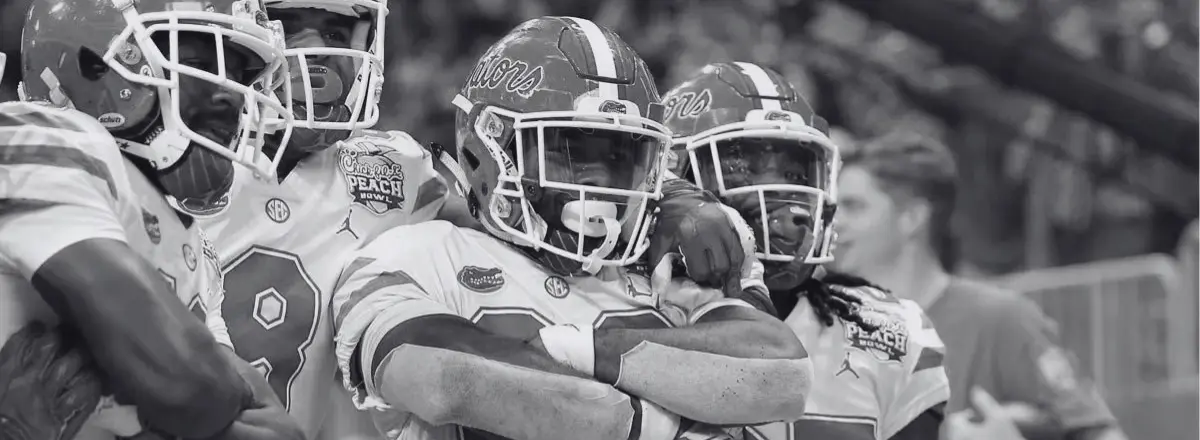A Florida sports betting expert has an important message for us all: The rise of prediction markets could change sports betting in the United States forever.
Ryan Rodenberg is a Florida State University professor who works in both the Department of Sport Management and College of Law. Ever since the Supreme Court of the United States overturned the Professional and Amateur Sports Protection Act back in 2018, he has focused his studies on the legality of gambling and its biggest issues. Speaking with the Florida State University’s new outlet, he did not mince words when it came to the growing popularity of prediction markets.
“The current rise of sports-based prediction markets in all 50 states represents the most consequential shift in the sports betting landscape since the U.S. Supreme Court’s ruling in 2018,” he says.
Rodenberg is not alone in his thoughts. States both with and without legal sports betting are taking notice of these event-based contracts. So far, the websites offering them have not gone anywhere. Many believe that will change. They are basing those thoughts on the fate of daily fantasy sports sites. Those tasked with overseeing Florida sports betting are intimately familiar with them. Cease-and-desist letters were sent to DFS sites in an attempt to force them out of the market.
The push succeeded. Entire companies needed to shift their business model as a result. In some cases, this has included pivoting to prediction markets, which is basically a form of investing in potential outcomes of sporting events. While this sounds like sports betting, companies argue it’s not. That, in turn, has so far allowed them to operate—well, just about everywhere.
And that is where the landscape-altering impact comes into play.
What Exactly are Prediction Markets, and How Do They Differ from Traditional Florida Sports Betting?
If you do not immediately understand the difference between sports prediction markets and conventional Florida sports betting, believe us when we say you are not alone. Here is Dan Bernstein of Sportico with a breakdown:
“Prediction markets allow people to stake money on the results of real-world events: elections, papal conclaves, movie review scores and sports—which is more popular now than any other genre. They are offered in the form of “yes” and “no” contracts. As in, “yes,” the New York Mets will win tonight. Or “no,” President Donald Trump will not say “China” in his next speech.
“Prediction markets involving all sorts of topics have operated internationally for decades. In the U.S., sports has taken off as the dominant prediction market menu item as regulations have loosened. Crypto.com became the first to offer sports contracts nationwide in late December, against the wishes of the departing Joe Biden presidential administration. Kalshi followed suit in January. Each knew the incoming Trump administration would be more permissive.”
Don’t feel bad if you still do not see the distinction between using a sports prediction market in The Sunshine State and betting on sports in Florida. The differences are purposely opaque, if they even exist at all.
Legislators across the United States argue that they do not—that prediction markets are indistinguishable from sports betting. It is not yet clear whether the courts agree with them. Legislation against event-based-contract operators is pending in states like Nevada and New Jersey. However, judges have also so far ruled in favor of allowing prediction-market companies to remain in business while litigation plays out.
Prediction Markets Pose a Real Threat to Sports Betting in the USA
Now, because prediction markets are considered “trade” transactions, operators believe they must be regulated by the federal government. Sports betting, on the other hand, is legalized and regulated at the state level.
By flouting the need for a sports betting license, prediction markets aren’t just able to enter markets with gambling laws in place. They can operate everywhere. That is inherently problematic for a score of stakeholders: licensed sportsbooks, tribal nations who operate casinos and sportsbooks and state budgets.
Tribal casinos and sportsbooks stand to suffer more than most. For the most part, tribal nations rely on foot traffic to generate a bulk of their business. They have online sports betting apps, but they are often only accessible when on tribal property. Yes, in the case of Florida sports betting, the Seminole Tribe found a loophole. But that is not the standard. It is also an interpretation of the law that continues to generate legal scrutiny.
Regardless, the implementation of more app-based competitors from the event-contract sector threatens to eat into the sports betting market share of tribal nations. Indeed, these prediction markets may not be popular enough to do that. But these transactions are on the rise. And if users view it as a viable sports betting alternative, there is no competing with the accessibility and convenience of using an app to process your transaction anywhere.
This trend will invariably knife into state budgets. Licensed sportsbooks and casinos will have less revenue to tax. On top of that, these prediction-market operators are not subject to the same tax rates as sportsbooks and casinos. And with some states taxing sports betting at clips north of 20 percent, sometimes into 50 percent territory, this is absolutely a big deal.
Florida Could Feel the Ramifications of Prediction Markets Soon
Florida sports betting can be insulated against some industry evolutions because it’s a one-operator market. The Seminole Tribe has exclusivity over all sports gaming operations.
But this is not daily fantasy sports. Prediction-market operators believe that they are federally regulated businesses that strip The Sunshine State of the power to shudder their services.
Litigation against these companies is inevitable. There is no guarantee it’s successful. Like Bernstein alludes to, President Trump’s administration is obsessed with consolidating power. This regime will likely pounce at the opportunity to strip states of their individual power.
Perhaps this isn’t an issue in which that power-consolidation preference rings true. But with the way prediction markets are catching on, it is only a matter of time before we find out.
Take a look at this list of the top online sportsbooks so you can find one that works for all of your sports betting needs:
-
EXCLUSIVE BONUS
 50% bonus up to $250Play Now
50% bonus up to $250Play NowT&C apply, 18+, Play responsibly
-
EXCLUSIVE BONUS
 125% up to $1,250Play Now
125% up to $1,250Play NowT&C apply, 18+, Play responsibly
-
EXCLUSIVE BONUS
 225% up to $3,625Play Now
225% up to $3,625Play NowT&C apply, 18+, Play responsibly
-
 50% bonus up to $250Play Now
50% bonus up to $250Play NowT&C apply, 18+, Play responsibly
-
 125% up to $2,500Play Now
125% up to $2,500Play NowT&C apply, 18+, Play responsibly












